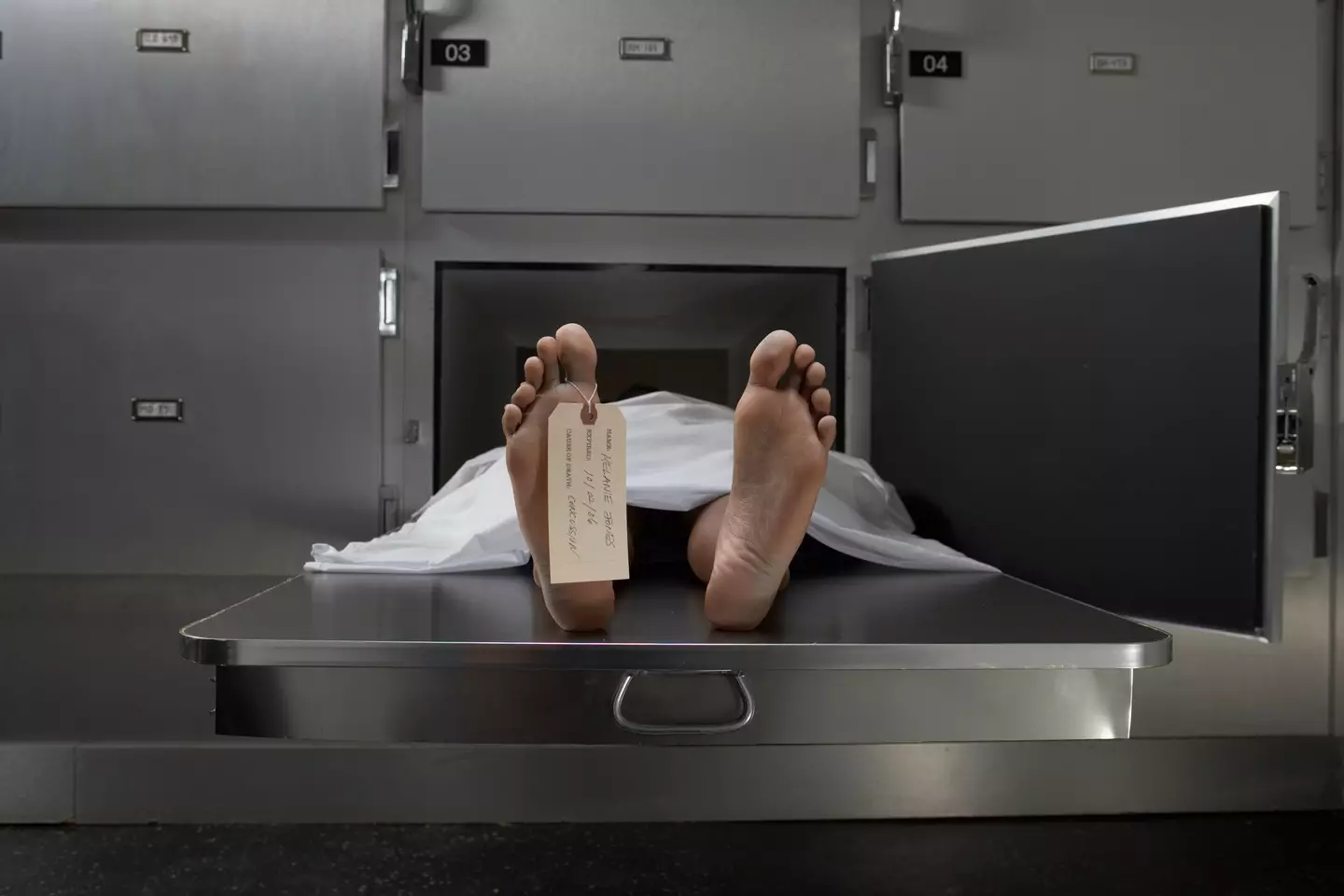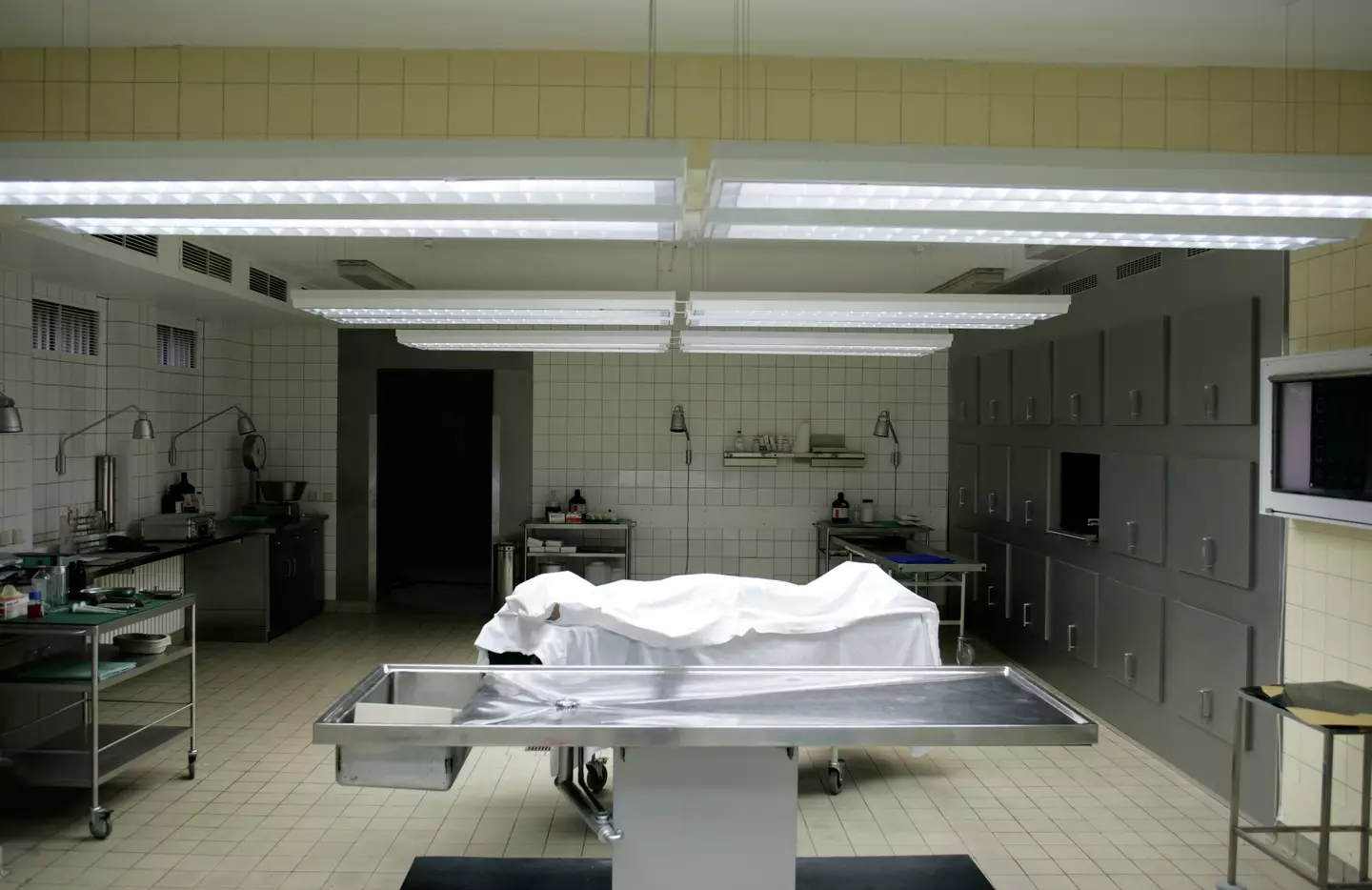While it’s a somber topic, there is undeniable curiosity about what occurs within the confines of a mortuary.
Death raises countless questions about what lies beyond, yet many are also unaware of the physical processes that happen during this final phase.
This isn’t about spiritual or metaphysical considerations; it’s about the tangible procedures a body undergoes upon reaching the morgue.
Hayleigh, a morgue technician with the TikTok handle @themortuarytech, frequently shares insights into her profession.
Her recent podcast appearance certainly sparked interest. Hayleigh detailed the handling of a deceased person’s organs, leaving many on social media surprised by procedures they had never previously pondered.
During her interview on the Four Nine podcast, she offered an in-depth look at the process.
https://www.tiktok.com/@username/video/7428259233402998049
She clarified: “During a postmortem examination, people seem to think that your organs are put back where nature intended, they are not.
“No. They’re all put in a clinical bag, put back inside your torso and chest cavity, and you’re sutured back up.
“So, your brain’s not in your head.”
This revelation left the podcast hosts taken aback, with one noting, ‘your brain is in your belly’.

The inevitable question arose: why is this done?
Hayleigh responded: “Because once you start cutting and taking things out, it is not going to go back.
“You are just going to start to wobble and if things are starting to purge out… best to keep it all contained.
A shocked person remarked: “What so when you go see someone in a funeral home before the funeral and they are just laying there and look asleep they have all their organs in a bag in their stomach and no brain in their heads.”

Another noted: “I knew everything was put in a bag and put inside, but I never thought about the brain being in there as well. Just goes to show that we’re all just a bunch of skin and bones in the end.”
A third added: “This was information I did not need or want to know, interesting but now questioning every funeral I’ve been to and if they had a postmortem or not.”
Yet another commented: “First time I saw an autopsy in medical school this was one of the most shocking experiences.”

